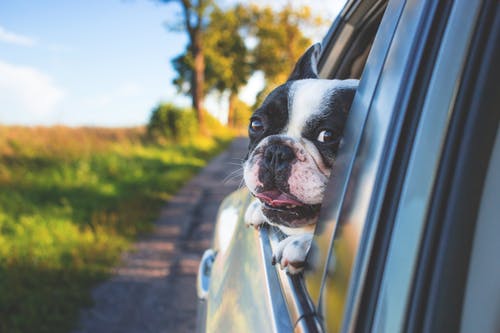
Care For Your Pet Following an Operation
If you’re aware of how to take care of your pet following surgery properly, it will be possible to get your pet back to normal as swiftly as possible and prevent any problems that could arise as a result. The ability to properly care for your pet after surgery is vital for helping your pet go back to its usual active and healthy lifestyle. But, it is possible that surgery can be stressful for both you and your pet, so it is vital to know how to care for your pet after surgery.
What kind of procedure do you need to be concerned about?
Whatever type of surgery your pet is scheduled to undergo, your vet or the veterinary surgeon will make sure to provide the appropriate post-operative care recommendations. There might be specific and crucial instructions given for your pet’s procedure, so be sure to follow your vet’s guidelines. A few easy tips by post surgical services could ensure your pet is well-behaved and safe as they recuperate and return to their normal routines.
What to Expect After Surgery
Most surgical procedures will need your animal to be placed under general anesthesia. General anesthesia makes your pet unconscious and keeps them from experiencing pain during the treatment, but it might take some time for the effects to wear off. General anesthesia could leave your pet unsteady and drowsy on its feet. These effects are normal and should improve quickly with rest.
Feeding After Surgery
Anesthesia could make your pet nauseous as well as less hungry. Rice and chicken are easier to digest than store-bought pet food following surgery. Your pet’s appetite is expected to return within 24 hours following surgery, and they should normally be eating. You may contact the firm’s emergency page if your pet’s appetite doesn’t increase within the first 48 hours. The effects of illness or pain may cause appetite loss.
Managing Pain After Surgery
The veterinarian, vet, and veterinary nurses will inform you how to provide pain medicines to your pet after surgery. Follow the advice of your veterinarian to ease your pet’s pain while healing. The healing process can cause discomfort at the incision site and other places. After the procedure, pets are given antibiotics and painkillers. If your pet is stressed and anxious, a dog internal medicine veterinarian might prescribe a sedative or anti-anxiety medicine.
Keep Your Pet Comfortable
Providing your pet with a decent place to rest is vital following surgery. The incision site may be stretched and strained if your pet sleeps on a small bed to sleep. You might consider purchasing a little bigger bed. You could accelerate your pet’s healing from surgery by letting them stretch out so they don’t put any strain on any areas that are prone to injury or bandages on their body.
Limiting Movement & Confinement
Veterinarians suggest limiting your pet’s movement and activity after surgery, regardless of the reason. The incision may reopen. This could occur if the pet can make a sudden stretch that could disrupt the healing process.
Caring for Your Pet’s Incision Site
Your pet could bite, chew or scratch the wound bandages. Cone-shaped plastic collars protect pets away from cuts. When your pet gets agitated, try a cone collar. Donut-style collars or post-surgery shirts are less painful alternatives. Consult your vet if your pet can’t rest in a cone collar.
Follow-Up Appointment
Follow-up checkups allow your vet to monitor for indications of infection before they get serious. After surgery, bandages should not remain on for long. Not changing bandages on time can cause pressure sores and decrease blood flow. Experts in veterinary medicine are trained to treat wounds properly. Professionals should conduct bandage changes to keep your pet’s recovery on track.
Keeping Your Pet Happy While They Recover
Animals don’t understand when they’re in recovery and can be irritated by their inactivity, the itchy site of their incision, and lack of exercise, so it’s crucial to reassure them in other ways. Spending time gently petting and talking to your pet may make them feel relaxed and at peace.

